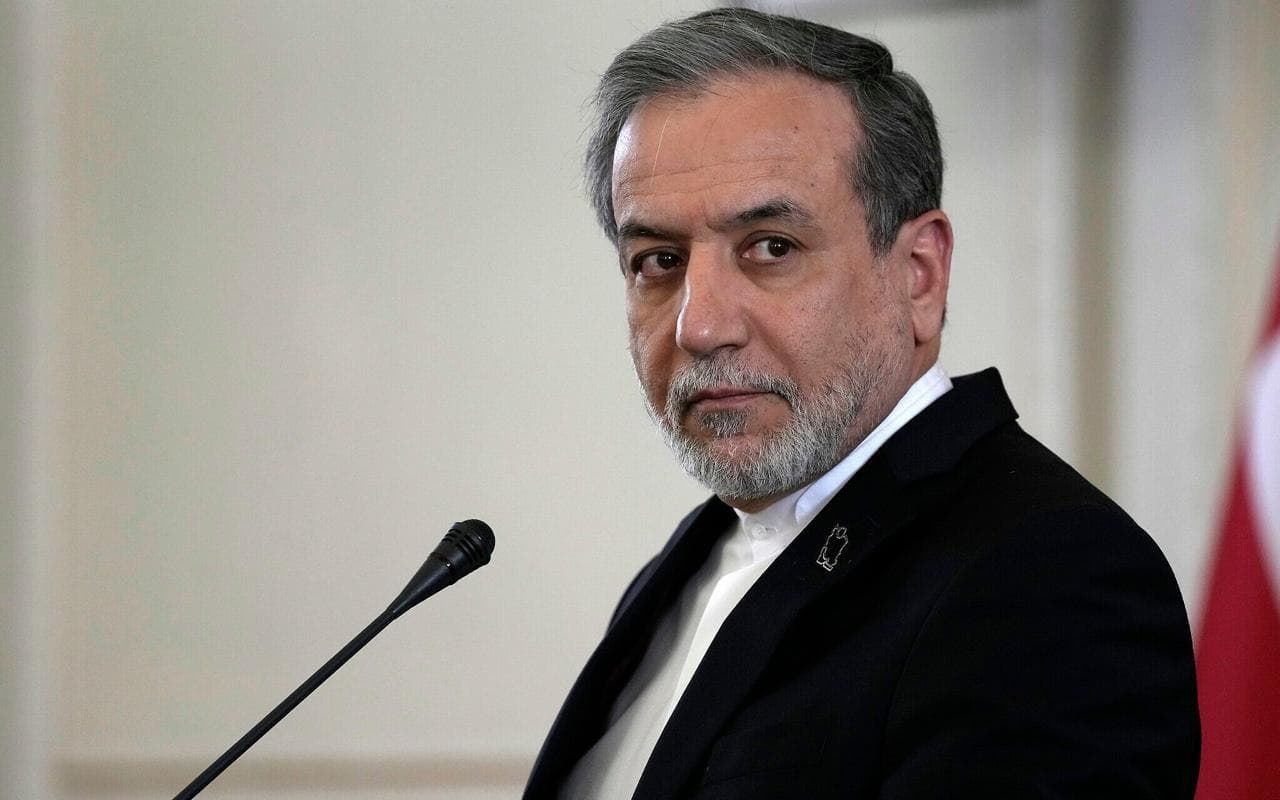Iran"s Foreign Minister Survives Assassination Attempt Amid Ongoing Israel Conflict
In a shocking revelation, Iranian Foreign Minister Abbas Araghchi announced that he survived an assassination attempt during the recent 12-day conflict with Israel. According to Araghchi, a bomb was discovered and defused outside his residence, underscoring the escalating tensions in the region as hostilities continue to impact various geopolitical dynamics.
Background & Context
The conflict between Israel and various Palestinian factions has intensified, drawing international attention and concern. The recent military engagements have raised fears of broader regional instability, particularly as countries like Iran have been vocal in their support for Palestinian groups. Araghchi"s survival of an assassination attempt highlights the personal risks faced by key political figures in this volatile environment. The Iranian government has positioned itself as a staunch ally of Palestine, complicating its relations with Western nations and Israel.
As previously reported, the conflict has not only affected Israeli and Palestinian lives but has also reverberated through international alliances, with countries like Turkey and Qatar expressing their stances on the warfare. The assassination attempt on Araghchi brings a new layer of complexity to an already fraught situation, suggesting that the political stakes are higher than ever.
Key Developments
Araghchi disclosed the details of the assassination attempt during a press conference, stating that the bomb was found outside his home just days after the escalation of hostilities began. He expressed his relief that the threat was neutralized before any harm could befall him or his family. "This incident is a stark reminder of the dangers that accompany our political struggle," Araghchi stated, emphasizing the need for vigilance in the face of growing hostility.
The Iranian Foreign Minister"s remarks come as the international community continues to grapple with the implications of the ongoing war. The conflict has resulted in significant casualties and destruction, prompting calls for ceasefires and diplomatic interventions. In a related development, Thailand and Cambodia announced an immediate ceasefire in their own conflict, showcasing the urgent need for peace negotiations in various global theaters.
Broader Impact
The assassination attempt on Araghchi is indicative of the broader risks faced by officials in high-stakes areas of conflict. Experts suggest that such incidents could lead to heightened security measures for political leaders in Iran and may further complicate the dialogue around the Israel-Palestine conflict. "This event is not just an attack on one individual; it’s a signal of the broader animosities at play in the region," said Dr. Fatima Alavi, a Middle East analyst.
Historically, political assassinations have often led to escalated retaliatory actions, raising concerns about an increase in violence. As tensions rise, the potential for retaliatory strikes by Iranian-backed militias could lead to a more extensive military engagement, drawing in other regional players and exacerbating an already precarious situation.
What"s Next
As the situation unfolds, the Iranian government is likely to increase security for key officials and may respond more aggressively to perceived threats. Analysts predict that this incident could serve as a rallying point for the Iranian leadership, prompting a more unified stance against its adversaries. "Iran may leverage this assassination attempt to bolster its narrative of external aggression, further solidifying its support for Palestinian factions," noted geopolitical strategist Amir Jafari.
The international community will be watching closely to see how Iran responds, particularly in light of the ongoing conflict with Israel. Continued violence could lead to a reevaluation of diplomatic strategies, with nations like the United States and European countries potentially reassessing their positions in the Middle East. The call for diplomatic resolutions remains urgent, as the world seeks to navigate the complexities of these entangled conflicts.


![[Video] Heavy clashes and gunfire reported in Baghdad, Iraq](/_next/image?url=%2Fapi%2Fimage%2Fthumbnails%2Fthumbnail-1768342239932-848qsh-thumbnail.jpg&w=3840&q=75)




![[Video] Gunfire between Iraqi security forces and Sadr militias in Baghdad](/_next/image?url=%2Fapi%2Fimage%2Fthumbnails%2Fthumbnail-1768343508874-4redb-thumbnail.jpg&w=3840&q=75)
